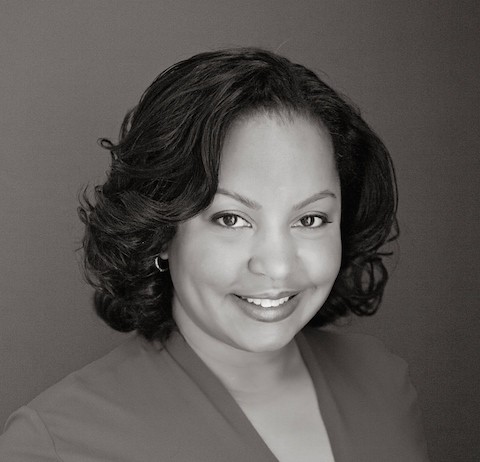Closure is for Caucasians? That’s my only real criticism of Byhalia, Mississippi, Evan Linder’s refreshingly antiromantic comedy of Southern manners. Unfortunately, I can’t say much more on the topic without giving the whole thing away.
Byhalia, Mississippi, a winner of Playhouse on the Square’s annual new play competition, centers around Laurel and Jim, a struggling young married couple who like each other so much you can’t help but root for them. Jim’s flings are in the past, but Laurel’s brief indiscretion is only discovered when her white trash baby is born with African-American features. Hysteria ensues from all quarters.
Laurel isn’t the world’s best mom. She says inappropriate things and sneaks off to the roof to smoke joints and stuff. But she gets one thing exactly right: There are too many rules and too many standards for applying them. Start simple with “Love each other, and tell the truth.” Build from there.
Director John Maness assembled a strong ensemble that includes Marc Gill as a family friend who seems to have a secret of his own and Evan McCarley as Jim, Laurel’s unemployed husband. Jessica Johnson gets the most audience response as Ayesha, the status-conscious wife of the man who fathered Laurel’s baby, and Gail Black is especially effective as Celeste, Laurel’s conservative mother. Collectively these actors tell stories about growing up, grouping up, pairing up, and growing apart in a world where nobody’s racist and everything is.
Tammy Wynette’s “Stand By Your Man,” is slyly referenced throughout the show, although Jeannie C. Riley’s “Harper Valley PTA” may be the more appropriate song. Byhalia is treated like a gossipy “little Peyton Place” full of “Harper Valley hypocrites.”
Not so long ago, audiences for new work were hard to come by. Byhalia, Mississippi sold out its opening night. This is fantastic news. Hopefully, it won’t be the last sellout for this promising young play.
Byhalia, Mississippi is at TheatreWorks through January 31st.
The Brothers Size uses West African myths and modern theater traditions to tell an intense tale of siblings who make vastly different life choices but remain connected.
Playwright Tarell Alvin McCraney is attracted to theater because live performance isn’t passive. Theaters are places where people go to imagine collectively. To that end, his inventive narratives are set in poetic environments. Actors turn words into scenery. They speak stage directions, conjuring ghost communities out of breath and percussive movement. That’s why the Hattiloo’s prosaic take on McCraney’s three-character epic is a little disappointing. Ritual and naturalistic acting take turns when they should blend. Lengthy blackouts and an unnecessary intermission wreck fluidity. A piece of theater that aspires to music becomes a run-of-the-mill play.
Donrico Webber is a terrific actor. He was eerily convincing as Malcolm X in the Hattiloo’s short-lived production of The Meeting and is similarly real as Ogun Size, the serious-minded mechanic who hires his ex-con brother Oshoosi to keep him out of trouble. After two years in the hole, Oshoosi, effectively played by Courtney Williams Robertson, is given a choice between two very different visions of freedom. He might pick Ogun’s monotonous prisoner-of-work vision or the more leisurely option presented by Oshoosi’s former cellmate Elegba, a sexually ambiguous trickster played by Ronnie Bennett.
Director Brooke Sarden made Katori Hall’s idiom-rich Hurt Village soar in 2012, but can’t seem to get The Brothers Size off the ground. The spoken stage directions are treated like obstacles instead of opportunities. Movement sequences become self-contained bits set apart from all the regular acting.
McCraney populates his fictional Louisiana bayou town with characters who are always on the verge of bursting into song. The Hattiloo’s cast won’t be remembered for its vocal prowess, but, figuratively speaking, The Brothers Size is at its best when it sings. Webber and Robertson may butcher “Try a Little Tenderness,” but the most authentic moments happen when the actors become an air band, working out Temptations-style dance moves and playing together like kids. Transcendent.
